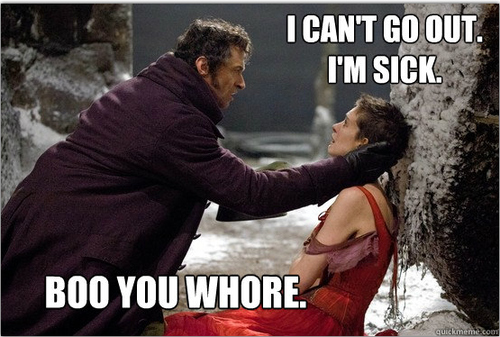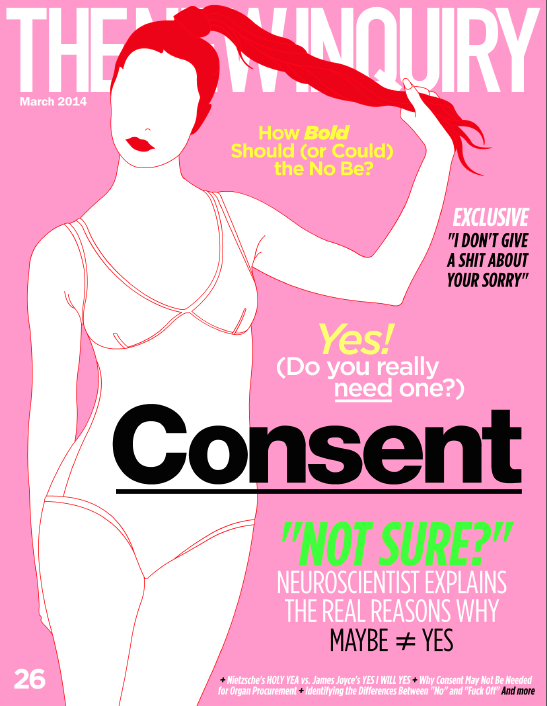Your Story Already Sucks: An Open Letter To Tourist Journalists
 Oh, hello there. It’s such a surprise to run into you here, Clueless Journalist Who Successfully Pitched an Article About Prostitutes Which You Have No Idea How to Actually Deliver. I know how much you hate to do even the most basic amount of research about the huge, knotty subject you’ve cavalierly decided to tackle, so it’s refreshing that you’ve deigned to stop by Tits and Sass. I’ve been involved in the sex industry for about 9 years, which means I’ve had plenty of time to collect examples of the emails you send to solicit my time and expertise in order to support your own career, and boy, are they compelling. Time and time again, before even doing fifteen minutes of self-education, you get straight to the interview solicitation. Why try to learn on your own when there will surely be a bevy of call girls dying to tell you everything you need to know for free, right?
Oh, hello there. It’s such a surprise to run into you here, Clueless Journalist Who Successfully Pitched an Article About Prostitutes Which You Have No Idea How to Actually Deliver. I know how much you hate to do even the most basic amount of research about the huge, knotty subject you’ve cavalierly decided to tackle, so it’s refreshing that you’ve deigned to stop by Tits and Sass. I’ve been involved in the sex industry for about 9 years, which means I’ve had plenty of time to collect examples of the emails you send to solicit my time and expertise in order to support your own career, and boy, are they compelling. Time and time again, before even doing fifteen minutes of self-education, you get straight to the interview solicitation. Why try to learn on your own when there will surely be a bevy of call girls dying to tell you everything you need to know for free, right?
Here are the all the important points to include if you want to make it clear right away that you’re completely unqualified to say anything on the subject of prostitution.
1) You don’t want to “demonize” me. Color me impressed. We all know that famous aphorism about how good intentions reliably pave the way to magnificent results, so the ability to not hate me is the only credential you need in order to earn my trust. Plus, it’s federal law that journalists, like cops, have to tell you the truth if they’ve not got your best interests at heart, so I’m sufficiently reassured that you mean exactly what you say.

